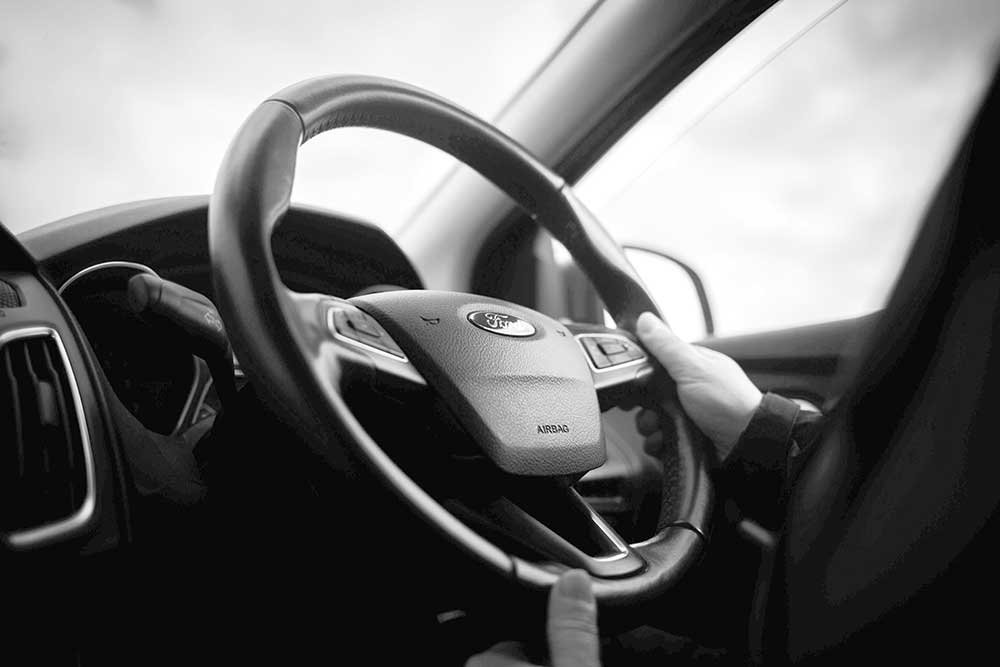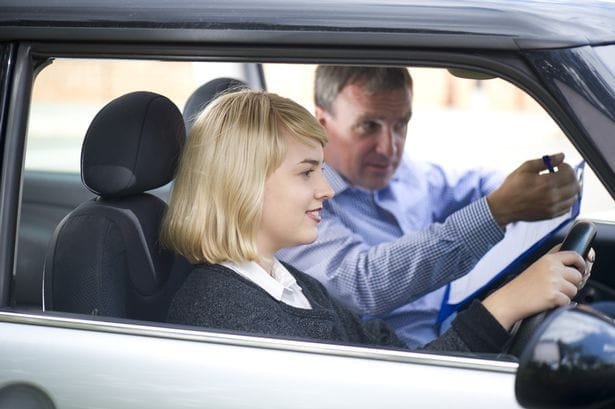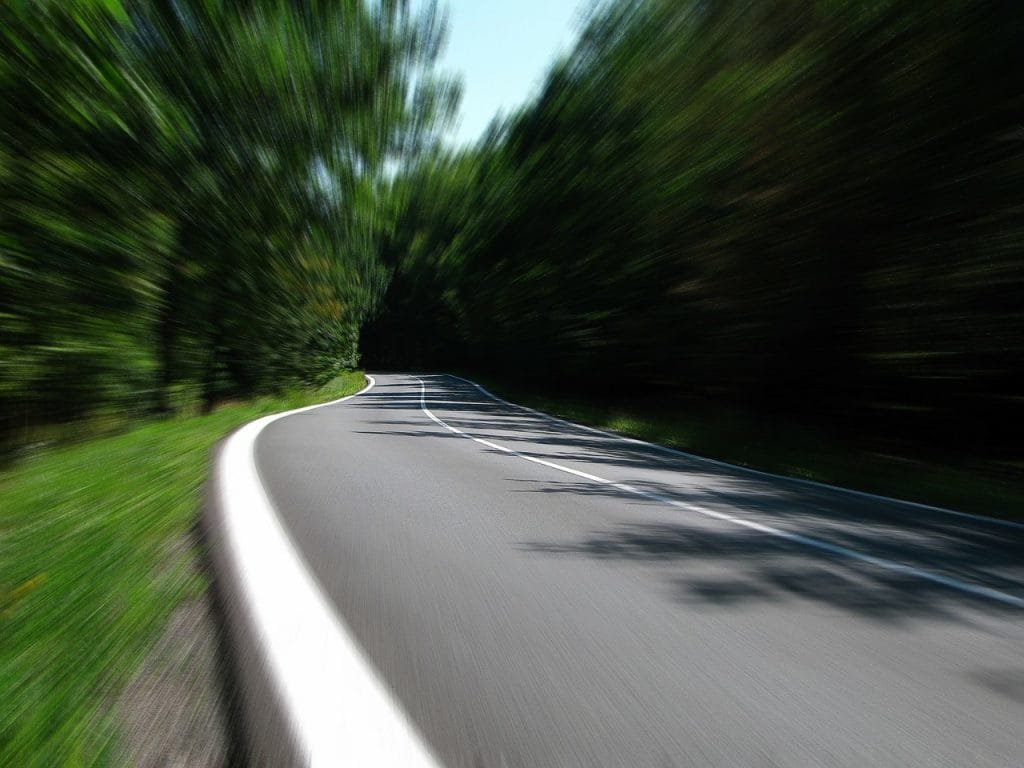When we’re young we attended school without question. Each day we attended classes and learned about fundamental skills that will prepare you for a lifetime ahead of you. Skills such how to talk, how to write, how to work out a math equation. We learn about the history of our country and the world which shapes the way we think about our future and how to prepare ourselves for what may come our way. We learn about how to act socially around other people, conduct ourselves, core values, family values……the list is endless.
We don’t question why we are going to school, probably because it’s expected of us.
At various points throughout our journey through education, we take exams/tests to assess our understanding about what we have learned and as you progress into higher education, these exams count more towards your future prospects about further education or our careers.
During our high school years, we start to think about our future and what career path we would like to take. We plan higher and further education which will set us to to take exams that will give us the best chance of starting the career we desire. Without those exams, we would find it difficult to get a job and take the steps to a lifelong career. Again, we do this without question because it is something we need to do to achieve what we want.
In all those years, we have gone through a process of gaining knowledge and understanding about the subjects and skills that will help us in a future of success. We have not questioned the need for this education and most importantly we have not tried to do this as quick as possible because there is a set time frame that this education has to be taken over. There is not quick route/direct access through this education and you cannot skip anything along the way.
So what has this got to do with learning to drive?
What is an education?
The act or process of imparting or acquiring general knowledge, developing the powers of reasoning and judgment, and generally of preparing oneself or others intellectually for mature life.
What is learning to drive?
Learning to drive is the act of gaining knowledge, developing judgement, and preparing oneself intellectually for a mature life time of safe driving – Therefore learning to drive is an education….right?
Let’s look at what is involved in learning to drive.
It’s not just about sitting in a car and being able to drive it. Yes of course your training will teach you this but it involves a lot more than that. You also need to be able to navigate our ever changing and busy roads, dealing with various road features such as junctions and roundabouts, traffic calming measures, car parks, etc. But that’s not it. The biggest challenge that faces most learner drivers is decision making. . It would be very easy if we were the only drivers on the roads, but this isn’t the case. We share the roads with everyone else and this makes things much more difficult. We need to be constantly making decisions based on the ever changing situation on the roads and fit into the world around us.
The DVSA (Driver & Vehicle Standards Agency) have set out a syllabus of learning to drive set out in 4 units;
- Preparing a vehicle and its occupants for a journey
- Guide and Control a vehicle
- Driving a vehicle in accordance with the Highway Code
- Drive safely and efficiently
Within each module there are a number of learning outcomes to help us track our progress throughout our training.
You can read more about the DVSA’s syllabus here
The age old question a driving instructor gets asked is “How many lesson will I need to pass my driving test” or “How long will it take to pass my driving test” These are difficult questions to answer because everybody is different and learn in different ways. We also get asked….”I have my driving test booked next Tuesday, can you take me?”
The general feeling about learning to drive is, “I need to pass my test as soon as possible and few lessons can I do this in” and there is a huge lack of understanding about what is involved in learning to drive, the dangers associated with learning to drive, the dangers of getting it wrong, a lack of consideration for the risks associated with trying to pass the test as soon as possible. You’ve got to remember that you will be driving a vehicle for the rest of your life.
If we look at the average amount of lessons a learner driver needs to take to be ready to pass a driving test, it’s currently around 46 hours plus 20 hours of private practise. That’s just a statistic and everyone is different. But what we need to do is distinguish the different between learning to drive and passing a driving test. Technically, you don’t need to ‘learn to drive’ to pass a UK driving test as there is no legal requirement to have taken a driving lesson before you tale a practical test. Let’s face it though, you wouldn’t be very successful!
Learning to drive is the process or the ‘education’ we need to have before we can take the final exam to assess whether we are safe to be allowed to drive on the roads unsupervised by an instructor or a family member/friend. The driving test in the UK is historically a challenging test to pass. For a long number of years (possibly forever!), more people have failed their test than pass it. It statistically takes more people further training and further attempts to pass the test.
Why is this?
Why would you fail an exam at school or college? Because you don’t understand enough. Because you have not had the right education. Because you haven’t learned enough. Because you haven’t had enough experience.
Why do more people fail the driving test? There could be a number of reasons but it’s probably because they haven’t taken enough lessons to prepare well enough or had enough experience out on the road dealing with the ever changes scenarios. It’s as simple as that! You fail the first attempt, take further training and then pass second time. What does that tell you? You needed that extra training, that further education to pass second time. If you have taken further training before your first attempt, you would have passed first time.
What needs to change?
We need to move away from thinking about how many hours of tuition someone needs to pass a driving test and think about the process as an education. There is a syllabus of content that needs to be learned, practised and demonstrated to a high standard to have a high chance of passing the driving test first time.
Part of the problem is that there is a lack of understanding about what’s involved in learning to drive and learner drivers are influenced by how their parents learned to drive which is often a long time ago. The roads have changed since then. They’re busier and layouts of have changed. The way learner drivers are taught has changed, and the driving test itself has changed. There are aspect of learning to drive that learners weren’t taught in the 1990’s for example.
The driving test is much more up to date than it used to be. For example, a big focus of the driving test is the ability to drive independently and how candidates drive whilst being distracted. This was never assessed when many parents learned to drive. People just think about the things they will have to deal with on the roads, such as roundabouts, manoeuvres, etc.
But as previously mentioned there is much more to it than that. Learning to drive is an education to give you the knowledge, skills and understanding to make safe, considered decision for a lifetime of safe driving.



